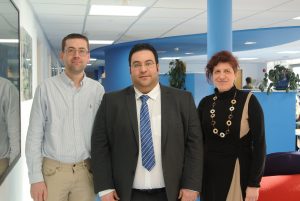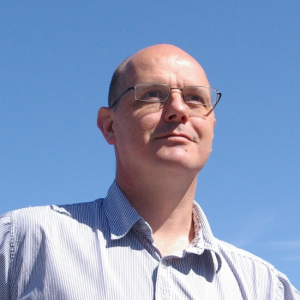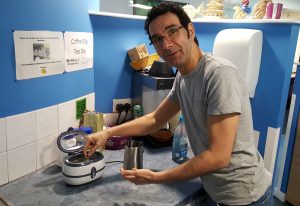Unicode 12, released 5th March 2019, includes 9 control characters for Ancient Egyptian hieroglyphic text. These resulted from an initiative by Dr. Mark-Jan Nederhof (St Andrews) and Egyptologists at the University of Liège, CNAM (Paris) and the Berlin-Brandenburgische Akademie der Wissenschaften, in collaboration with Unicode experts. The control characters allow hieroglyphs to be arranged horizontally and vertically much as in original inscriptions. This removes the foremost obstacle to adoption of Unicode in Egyptology.
The control characters:
https://www.unicode.org/charts/PDF/Unicode-12.0/U120-13430.pdf
Although existing fonts are not yet able to interpret the control characters directly, hieroglyphic text can now be displayed on web pages with the help of JavaScript:
https://mjn.host.cs.st-andrews.ac.uk/egyptian/res/js/





